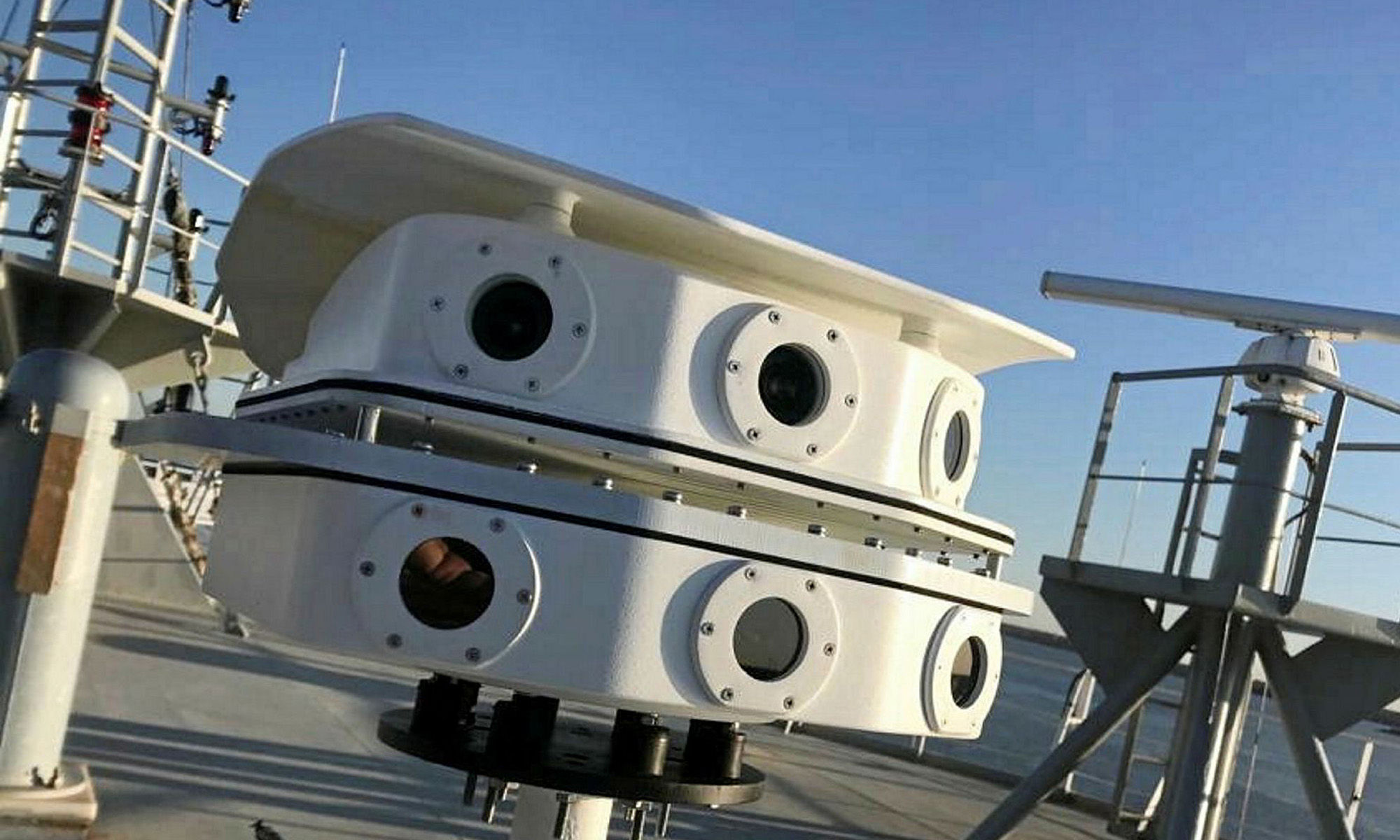News
Orca AI To Save Lives With Its Collision Avoidance System For Ships
Orca AI combines data from sensors with artificial intelligence to provide real-time insights that reflect the changing conditions at sea.

The recent Suez Canal blockage, which lasted for six days after a 400-metre-long (1,300 ft) container ship ended up wedged across the waterway due to the combination of strong winds and human errors, showed the whole world just how easily can major shipping accidents happen and how severe and long-lasting their impact can be. Unfortunately, the Suez Canal blockage was just one of several thousand marine incidents that occur annually. Now, one Tel Aviv-based company has successfully raised €10.8 million in a Series A round to work on its ship navigation and collision avoidance system, Orca AI.
“The maritime industry has come leaps and bounds in recent years, but is still far behind aviation with technological innovations. Ships deal with increasingly congested waterways, severe weather and low-visibility conditions creating difficult navigation experiences with often expensive cargo,” says Orca AI CEO and co-founder Yarden Gross.
Orca AI combines data from sensors with artificial intelligence to provide real-time insights that reflect the changing conditions at sea. The system can be used for individual ships to deliver predictions and alerts on hazards, but it can also supply fleet managers with insights on the risk behavior and patterns of the entire fleet.
Also Read: Dubai-Based Startup Huspy Helps Emiratis Buy Homes Online
“Utilizing onboard navigation sensors and high-resolution cameras with proprietary AI algorithms, the technology is able to provide valuable insight such as alerting the crew on dangerous targets, prioritize risk in real-time and sort out complex navigation situations,” explains Dor Raviv, Co-Founder & CTO of Orca AI.
Other tech companies are also trying to make the shipping industry safer and less prone to costly accidents. For example, the Saudi Arabian Oil Company is using AI technology to monitor its maritime fleet, while Stockholm-based X Shore is exploring an auto-docking solution that could greatly streamline what’s arguably the most dangerous part of getting a massive cargo ship from point A to point B.
News
Qatar Airways Debuts World’s First Boeing 777 Starlink Flight
The airline has ambitious plans to roll out the high-speed, low-latency service across its entire Boeing 777 fleet within a year.

Qatar Airways has taken a significant step ahead of the competition by being the first operator to offer Starlink internet on a Boeing 777 aircraft traveling from Doha to London.
As the largest and first airline in the MENA region to offer Starlink’s ultra-high-speed, low-latency internet, Qatar Airways continues to raise the bar for in-flight services after winning the coveted Skytrax “World’s Best Airline” for 2024 award.
Initially, the carrier planned to outfit three Boeing 777 aircraft with Starlink technology. However, by the end of 2024, the airline will have upgraded 12 Boeing 777-300s with this service. Further ahead, the entire Boeing 777 fleet is set to be Starlink-equipped by 2025, one year earlier than originally scheduled, with the Airbus A350 fleet following suit by mid-2025.
This rollout demonstrates Qatar Airways’ dedication to enhancing in-flight connectivity and will enable passengers to stay in touch with family and friends, stream media, watch live sports, work remotely, and even play online games — all at 35,000 feet.
Qatar Airways Group Chief Executive Officer, Engr. Badr Mohammed Al-Meer expressed excitement about the debut flight, stating: “We are thrilled to launch our first Starlink-equipped flight, proving once again why Qatar Airways is at the forefront of the aviation industry”.
Also Read: A Guide To Digital Payment Methods In The Middle East
He continued, “Paired with our commitment to rapidly rollout Starlink across our entire modern fleet, [Qatar Airways] demonstrates our relentless pursuit of offering passengers an in-flight experience that transcends the constraints of traditional air travel”.
By launching its first Starlink-equipped aircraft, Qatar Airways has achieved several milestones, including operating the world’s first Boeing 777 widebody with the service onboard. Qatar Airways’ strategic partnership with SpaceX ensures passengers will continue to enjoy an unmatched in-flight experience, and not only represents a breakthrough for Qatar Airways but also sets a new standard for in-flight connectivity globally.


























